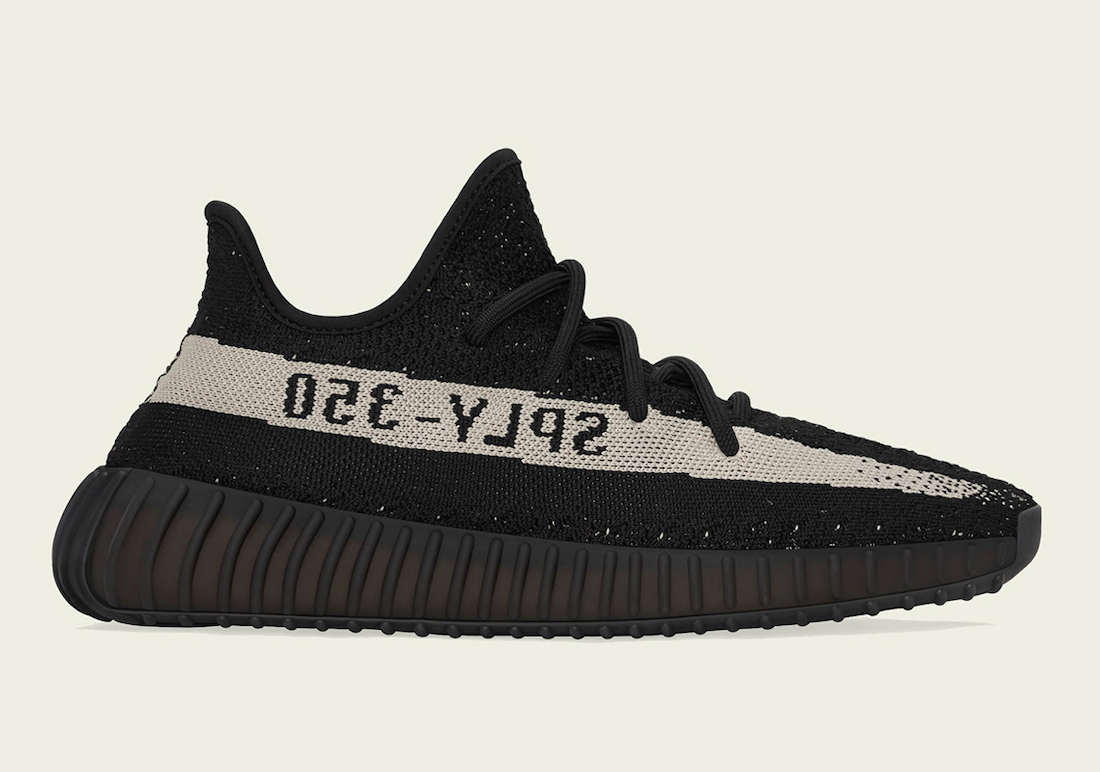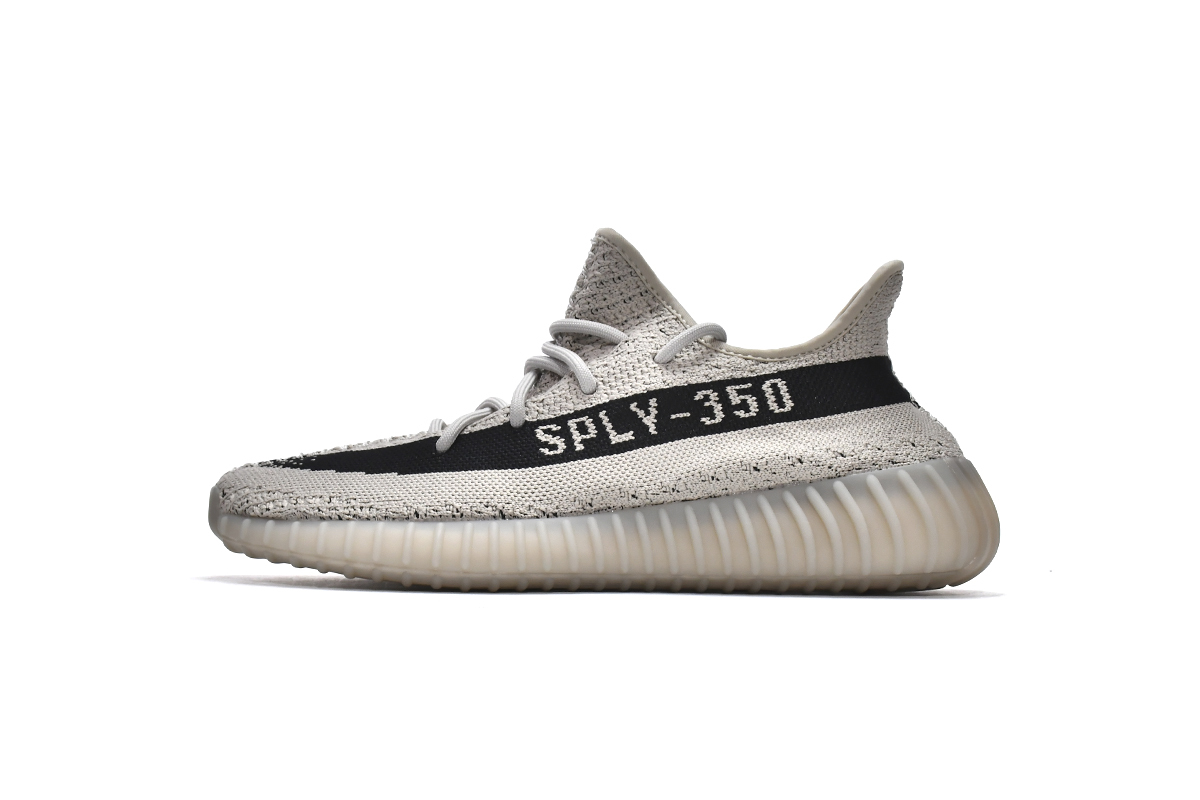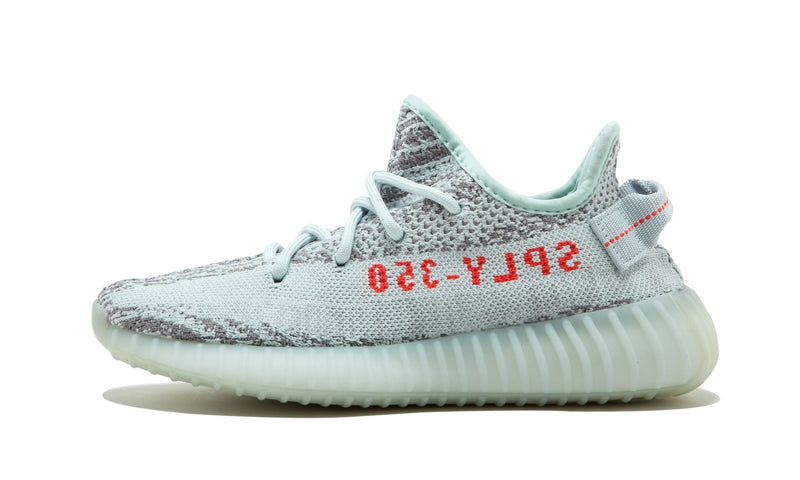
Top Quality Yezzy Cinder Color Bost Sports Fujian China Shoes 350 V2 Spli Tennis Women Running Yezi Sneaker Chaussure Femme - China Custom Sneakers and Logo Customization price | Made-in-China.com

SBD | basket adidas femme 2017 calendar printable 2022 Restock Release Date | yeezy architecture application status 2017

ImlaShops | zalando adidas femme vetement sport thailand | toddler adidas camo sneakers shoes sandals "Bone" HQ6316

yeezy street blanche femme shoes black sandals for women - TOP Quality LJR Yeezy street Boost 350 V2 Slate - StclaircomoShops

:quality(80):fill(white)/https:%2F%2Fimages.stockx.com%2Fimages%2Fadidas-Yeezy-Boost-350-V2-Ash-Pearl-2021-Product.jpg)










:quality(80):fill(white)/https:%2F%2Fimages.stockx.com%2F%2Fimages%2Fadidas-Yeezy-Boost-350-V2-Cloud-White-Infant-Product.jpg)









